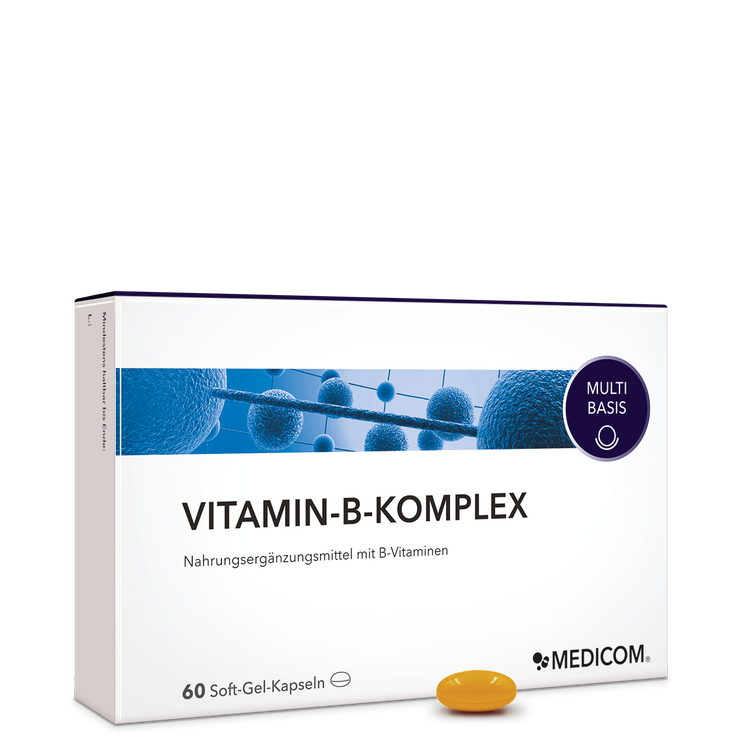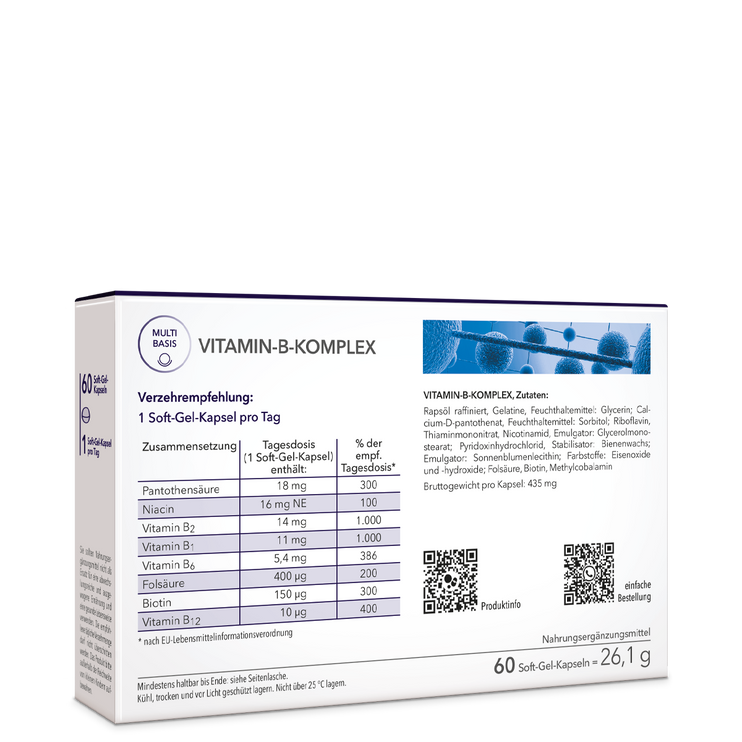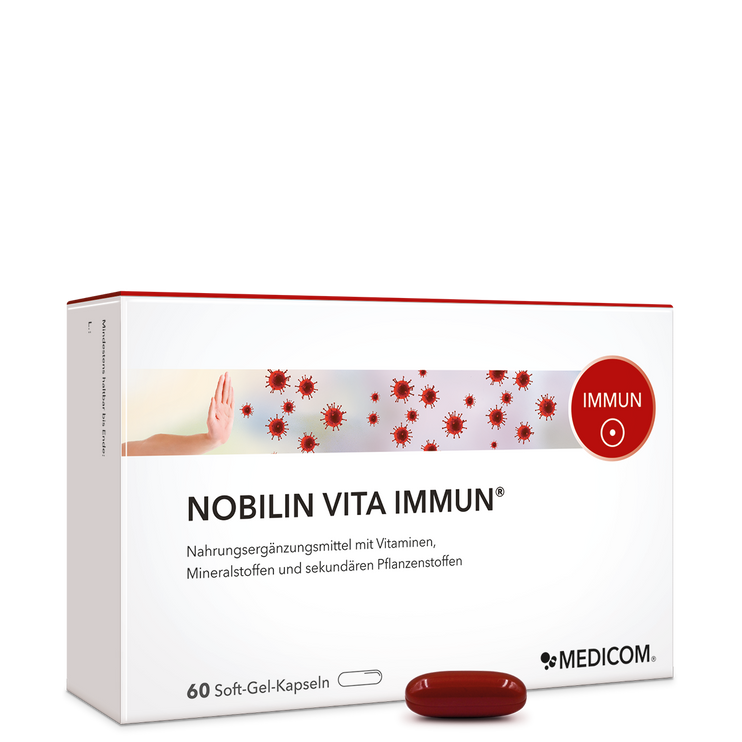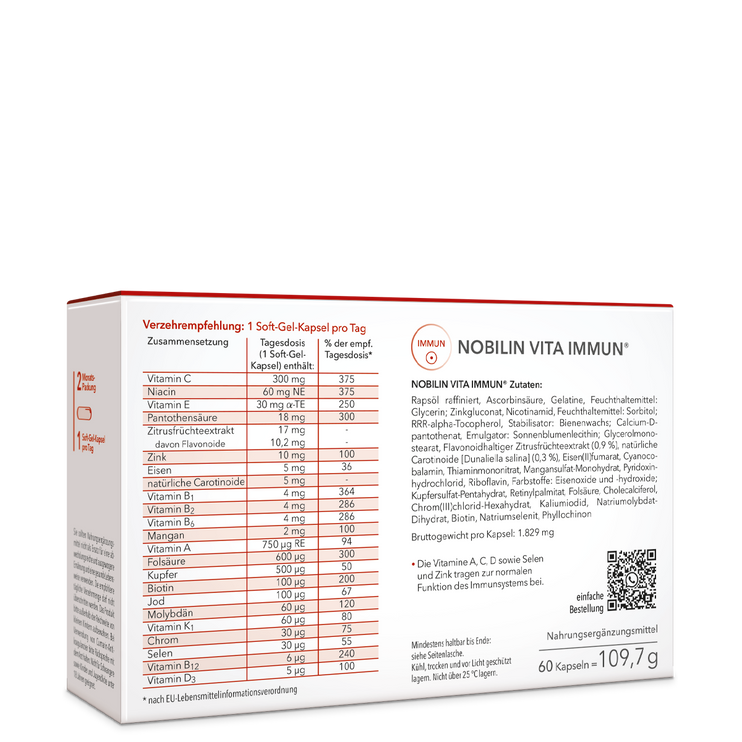The name pantothenic acid is derived from the Greek word “pantos”, which means “everywhere”, and thus makes it clear that pantothenic acid can be found in many foods. Pantothenic acid isthe central vitamin in metabolismof carbohydrates, fats and proteins. Although it is often found in our food, the absorption of the vitamin in the body can be impaired, either as a result of long-term use of antibiotics, due to chronicGastrointestinal diseasesor heavy alcohol consumption.
What functions does pantothenic acid have?
Pantothenic acid, as a component of coenzyme A, plays a central role inEnergy generationCoenzyme A is involved in the degradation of carbohydrates, fats and proteins, but it also ensures the formation ofcholesteroland bile acids in the body. Pantothenic acid is also important for thebody's own production of hormones(especially sex and growth hormones). This makes it a key vitamin of great importance. Pantothenic acid is also particularlyimportant forskin and hair: The skin needs pantothenic acid to renew the skin surface and for the growth and pigmentation of hair.Wound healingand the vitamin plays an important role in protecting the mucous membranes of the mouth, throat and respiratory tract.
Use of pantothenic acid
In the following cases, a dietary supplement with pantothenic acid may be advisable:
Malnutrition or undernutrition: in cases of heavy physical strain, alcoholism and chronic dialysis patients.
Wound healing: Pantothenic acid is important for the maintenance and regeneration of cells, which is why the vitamin also plays a role in the healing of large wounds and burns.
Cosmetic application: Pantothenic acid helps keep the skin moist and soft, promotes cell growth and regeneration, and prevents inflammation and redness. In shampoos and conditioners, pantothenic acid protects the hair from mechanical and chemical damage that can occur during combing, brushing, washing, perming or coloring. Pantothenic acid smoothes the hair and gives it shine and luster.
Which foods contain pantothenic acid?
Significant amounts of pantothenic acid are found in sea fish, liver, whole grain products, legumes, cauliflower, corn and mushrooms.
Am I lacking pantothenic acid?
A long-term pantothenic acid deficiency is accompanied byMuscle cramps, headaches and gastrointestinal disordersand reflex disorders. The adrenal glands may also be impaired in their function. Growth disorders and changes to the skin and hair may also occur.
If just one of the following applies, your supply of pantothenic acid could be too low:
Do you eat very little meat, fish, liver or legumes?
Do you have to take strong medication regularly?
Do you regularly drink a lot of alcohol?
























